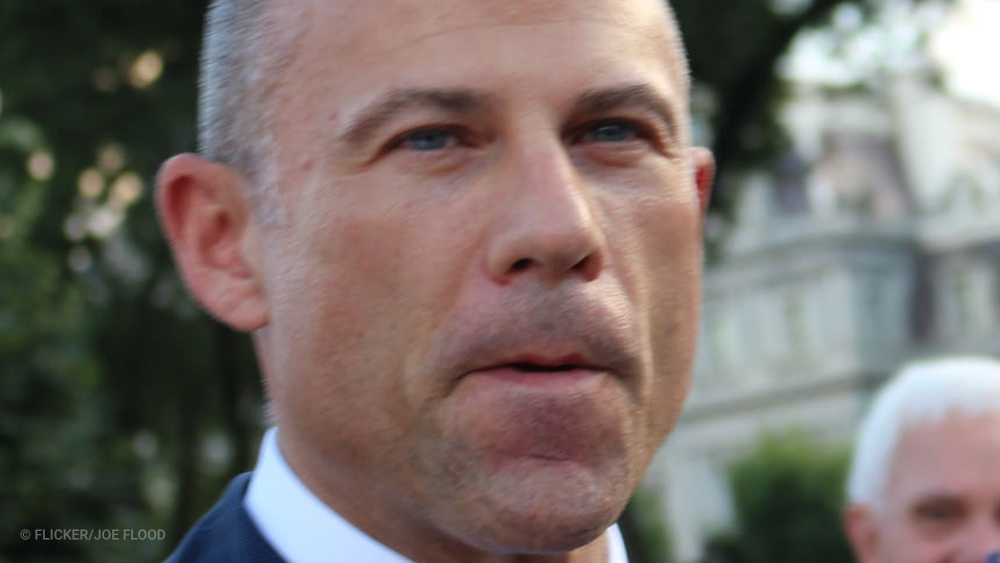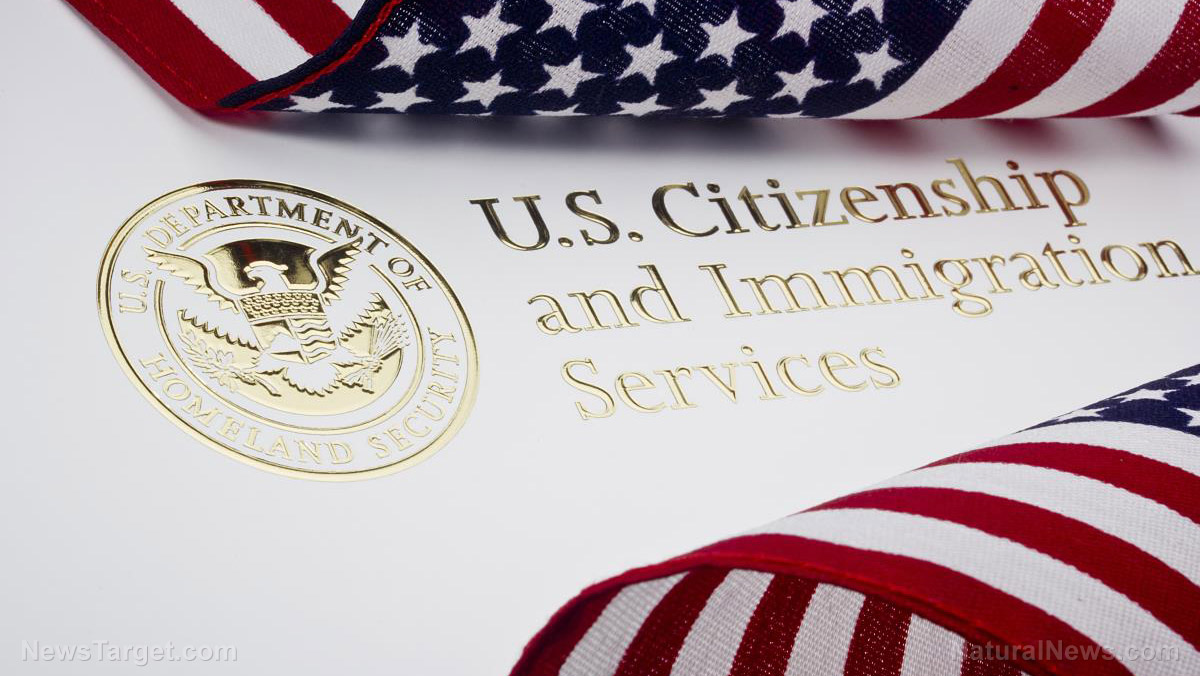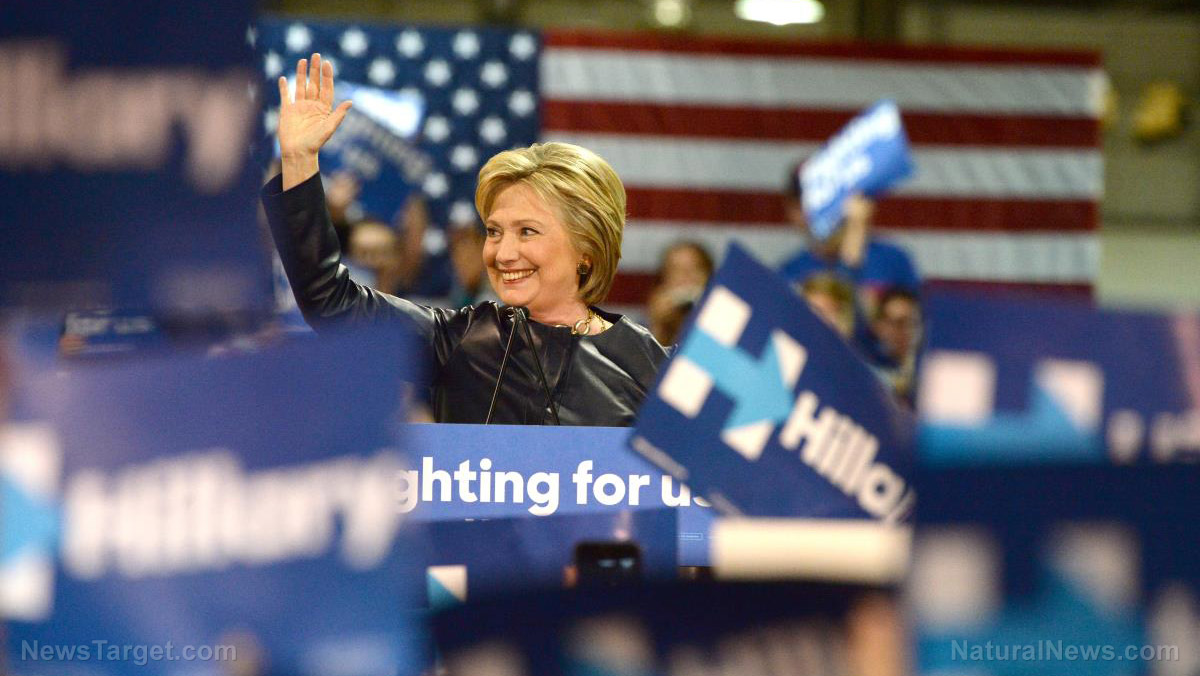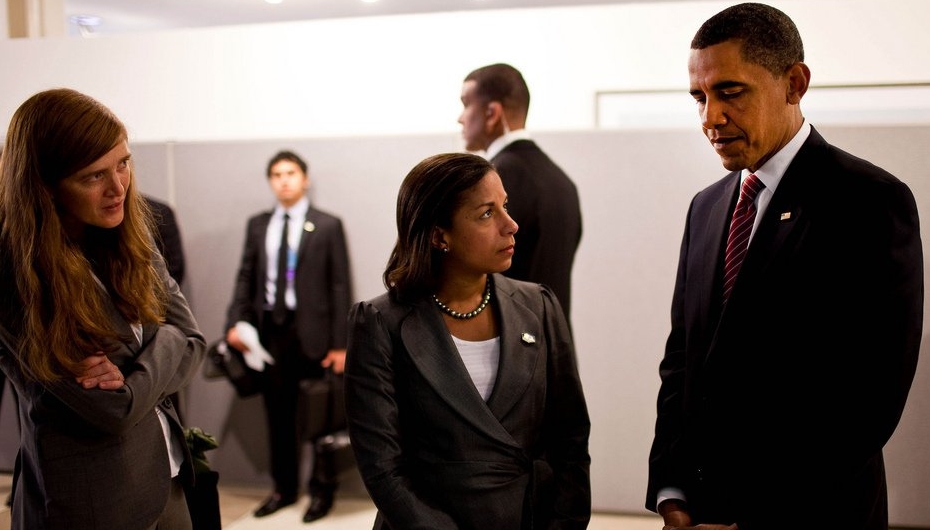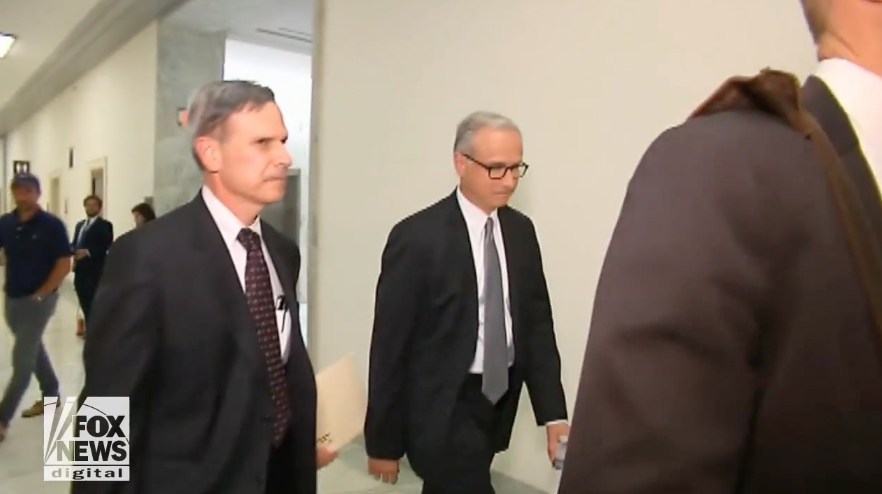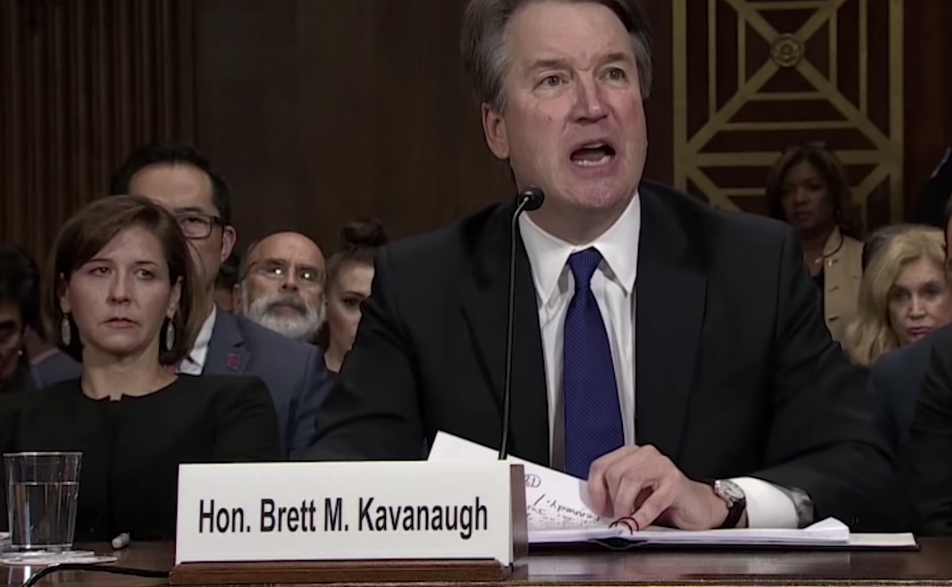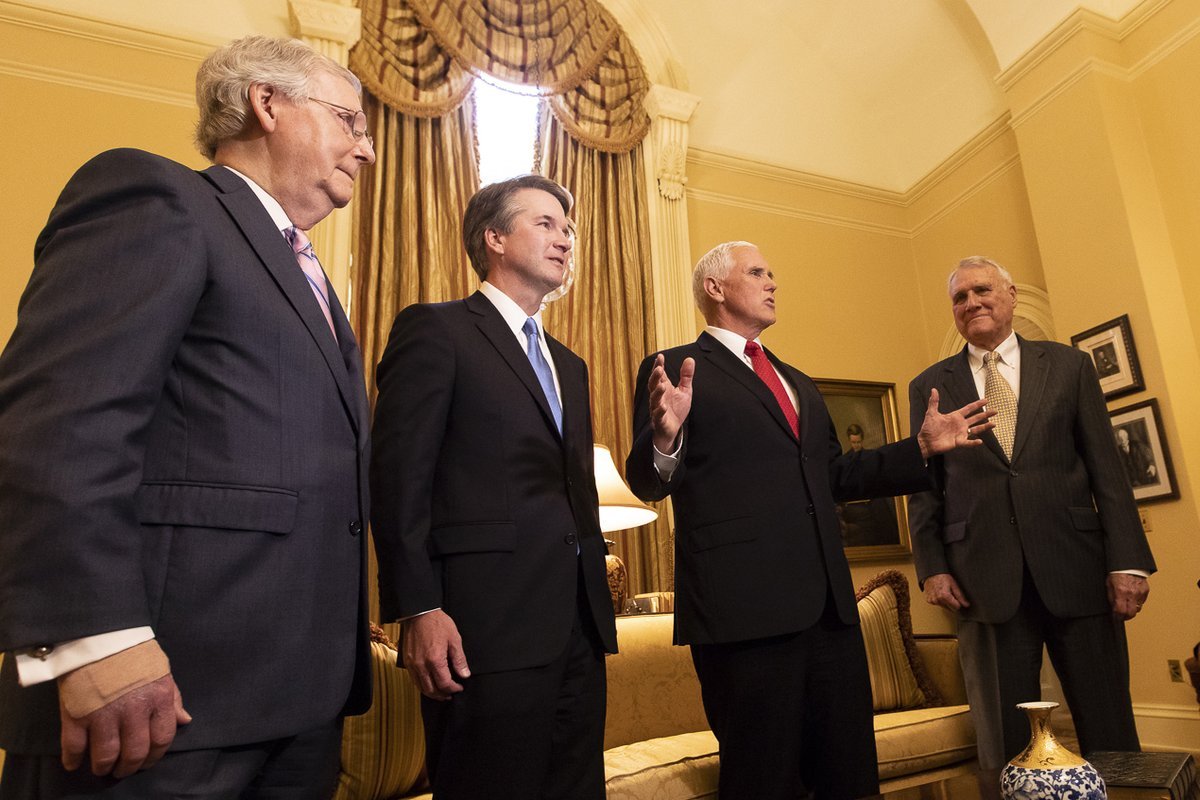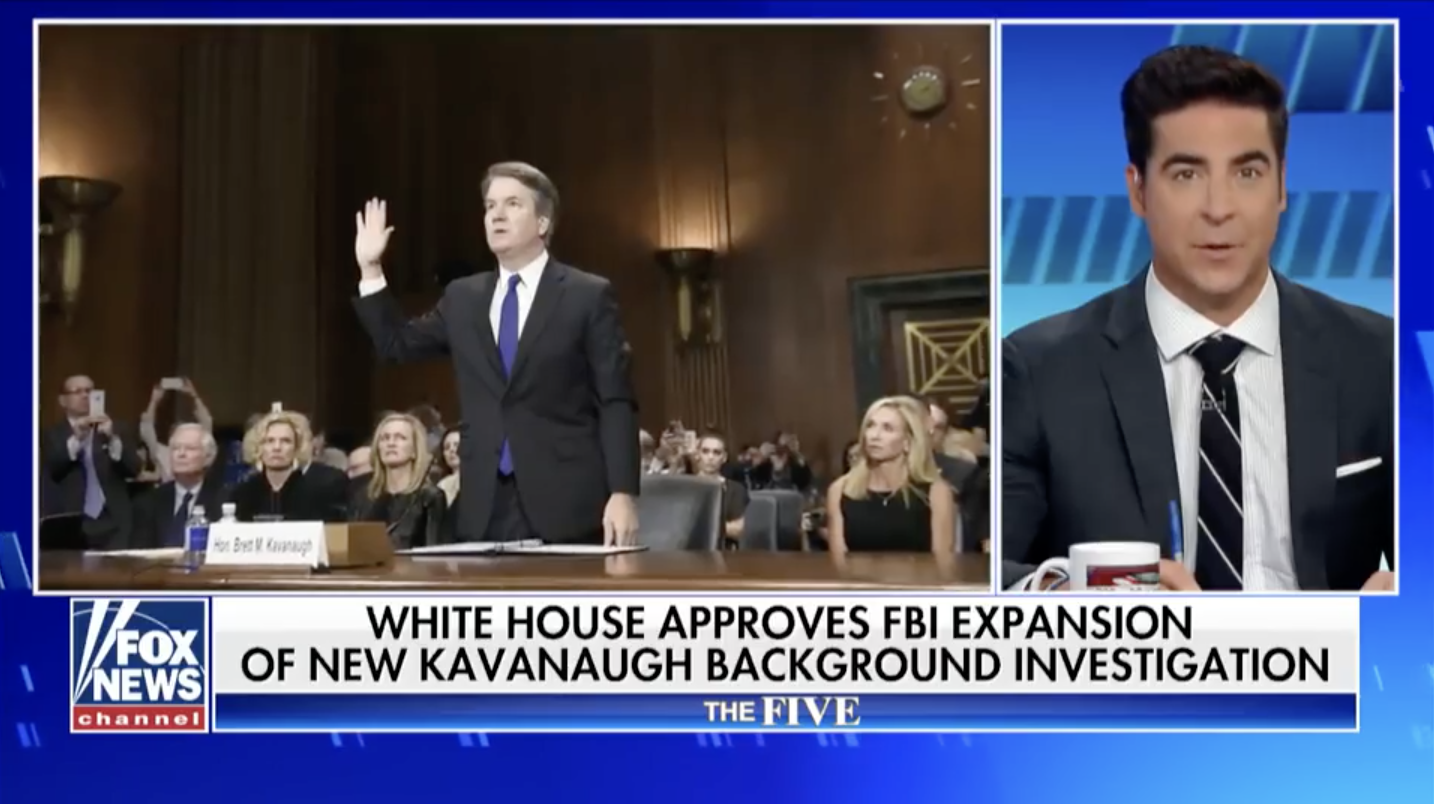WASHINGTON — President Barack Obama will veto legislation that would allow families of American terror victims to sue foreign governments involved in the Sept. 11, 2001, attacks, the White House said Monday.
Article by Jordan Rudner
“The president intends to veto this legislation. … We’ll see what Congress chooses to do from there,” White House press secretary Josh Earnest told reporters at his daily briefing.
Earnest also lauded the resilience of the victims’ families and said that despite the difference of views on the lawsuits, “there’s no effort to diminish the sacrifice that they have made or the pain that they have endured or the heroism that they have displayed.”
The bill, co-authored by Republican Texas Sen. John Cornyn and Sen. Chuck Schumer, D-N.Y., sailed through Congress with strong bipartisan support. A veto showdown opens the possibility of the first veto override of Obama’s presidency.
The bill would allow families to sue the Saudi Arabian government. The administration has long argued that this would set a dangerous international precedent, inviting citizens of other countries to sue American service members and U.S. government officials in their own countries’ courts.
Family members of those who died on Sept. 11 issued a letter on Sunday, the 15th anniversary of the deadliest attack on American soil, urging the president to sign the legislation, known as the “Justice Against Sponsors of Terrorism Bill.”
The right to sue the Saudi government “is important for our nation,” they wrote, “because it will help to deter state-sponsored terrorism.”
“Please, Mr. President, don’t slam the door shut and abandon us,” the letter continued.
The White House has been adamant in its opposition to the bill, which would nullify the longstanding American policy of granting sovereign immunity to foreign government officials when their governments are found to be involved in terrorist attacks. Administration officials say the bill would also endanger the U.S. relationship with Saudi Arabia.
At a press briefing Monday, Earnest emphasized that the federal government already has the power to sanction countries that assist terrorists. The State Departmentcurrently designates three countries — Syria, Iran and Sudan — as “state sponsors of terrorism.”
“That’s a more forceful way for us to confront state sponsors of terrorism, as opposed to delegating that decision to judges in different courtrooms all across the country,” Earnest said.
Earnest acknowledged that some lawmakers will find it hard to oppose families of 9/11 victims. That pressure could make it harder to round up votes needed to sustain a veto.
“In many cases, we had members of Congress who were concerned about the impact it would have on their political standing to oppose this bill,” Earnest said. “There’s no denying the political potency of this issue.”
In April, Earnest told reporters that it was “difficult to imagine a scenario where the president would sign it.” He also warned about “the potential consequences of rolling back this core principle of international law.”
But in Congress, the bill has strong support. It passed by unanimous voice votes in the Senate in May and the House on Friday. The Senate version boasts 24 co-sponsors, including such unlikely allies as Massachusetts Democrat Elizabeth Warren and Texas Republican Ted Cruz. Cornyn is the deputy GOP leader, and Schumer is expected to become the Democratic leader in January.
Cornyn said on Monday that he still believes the legislation is necessary.
“The truth is, the victims and their families still don’t have the ability to get justice from the people, including the governments, who helped fund those terrorist attacks,” he said, speaking on the floor of the Senate.
“I simply am at a loss to say” why Obama would veto the bill, Cornyn added.
Obama has used his veto power sparingly, rejecting only 10 bills. None of those vetoes were overridden.
On Twitter:
@jrud




